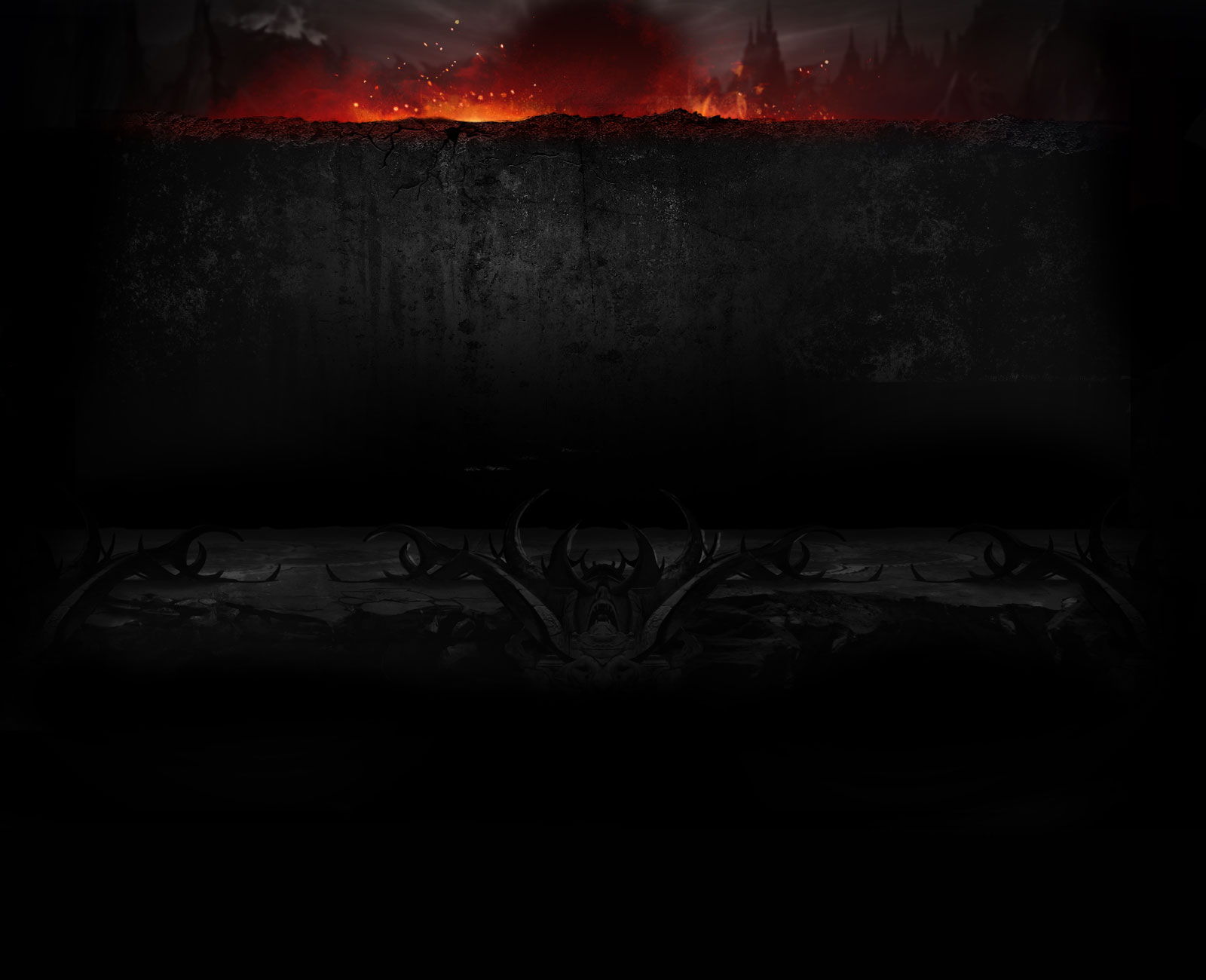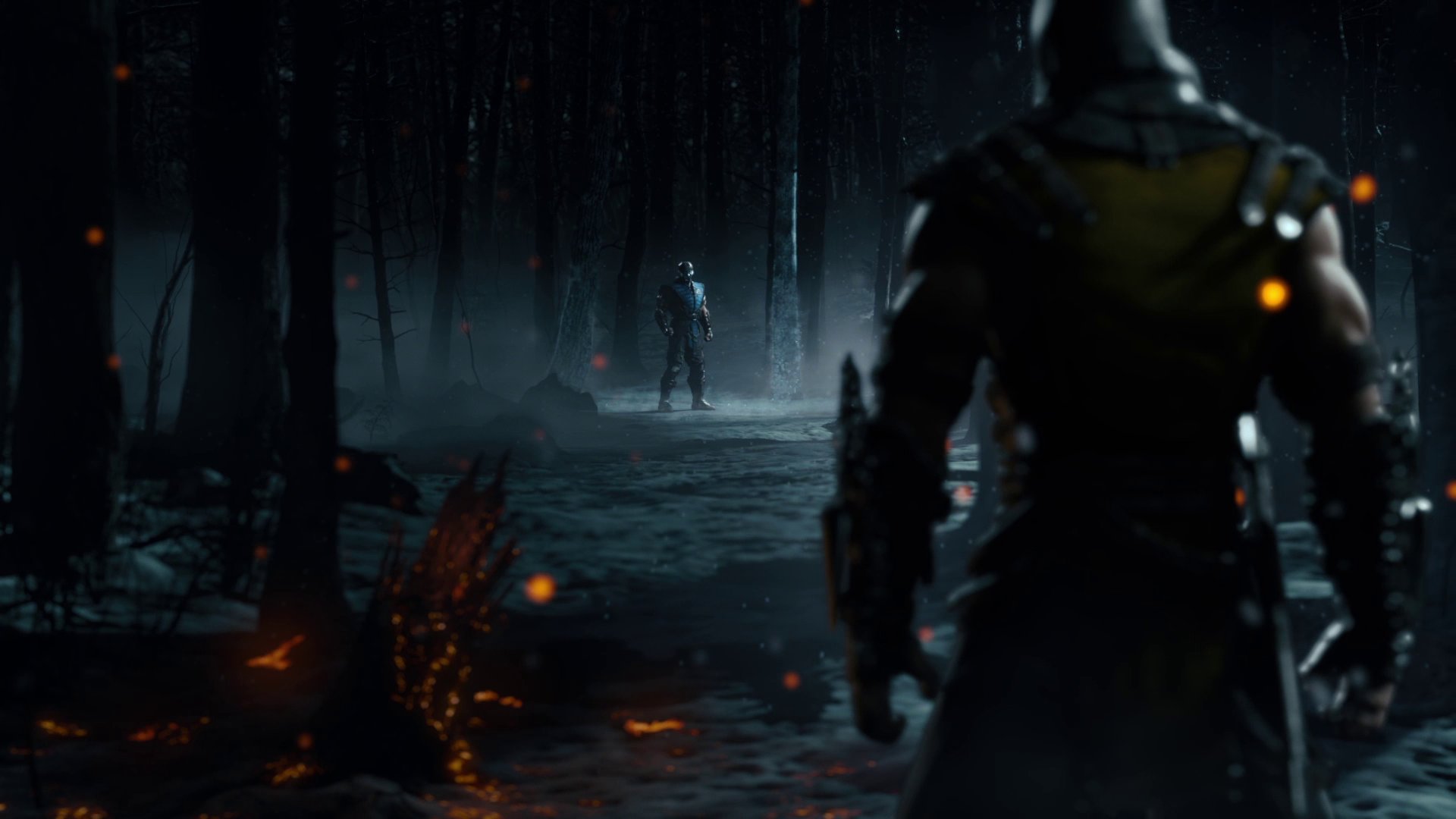portent
Apprentice
Read my other comments, I fully agree with you. What I am specifically referencing, is that every job has a "crunch" or a "busy season", some jobs have more than one of those periods per year."Crunch", more or less, will probably always exist in some form in games. At a certain point there's just too much stuff to do and not enough time to do it all. Lost work is a part of the process: you have to be willing to recognize that something you worked on just isn't working, isn't fun, whatever. Scrapping work and pivoting away will cost you manhours. Prototyping and iterating takes time. For a big studio (or publicly traded publisher), delays affect investor confidence. For a small studio delays can be very tough on your bottom line. I wish it was never necessary, and it can always be reduced/improved by proper planning and process changes. Ideally, games would almost never be announced until they were in their final stages of development, but that would undermine the constant announcement/hype building arms race you see in games today (and publishers planning their releases per quarter).
With that said, crunch isn't a catch-all excuse for all forms of exploitation. People can still be fairly compensated for their time. Extended periods of crunch are damaging to employee health and morale, even if they're young and "can take it". Dangling almost entirely false promises of full-time employment, etc. "Crunch" doesn't even rank highly on my list of the things it sounds like NRS needs to improve upon, particularly regarding contract employees.
It's good that these stories are coming to the surface though, as it opens the door for conversation and communication about how to address it and resolve it.





